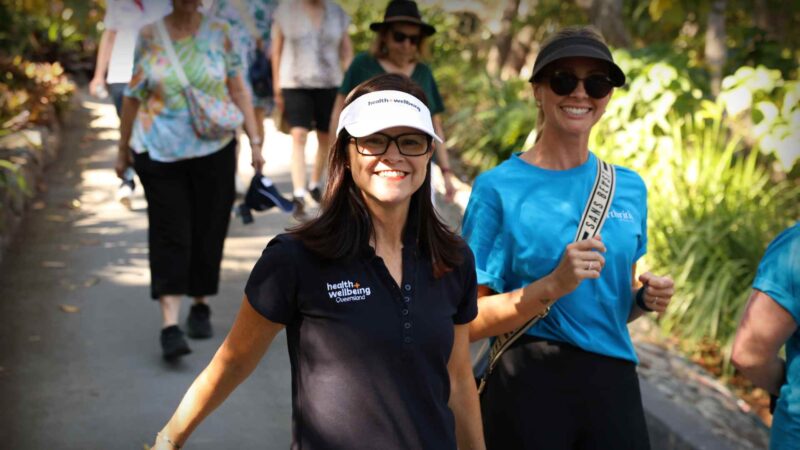RESEARCHER PROFILE
Georgina Hughes,
Pharmacist & PhD Candidate
University of South Australia Clinical and Health Sciences
Registry of Senior Australians (ROSA)
South Australian Health and Medical Research Institute
Georgina Hughes is a pharmacist & PhD Candidate with the University of South Australia Clinical and Health Sciences and the Registry of Senior Australians (ROSA), undertaking research at South Australian Health and Medical Research Institute (SAHMRI).
Georgina’s PhD study and first published paper was on how to improve the safe and effective use of antidepressant medicines and optimise quality use of medicines in older people accessing residential aged care.
The study, published in the Journal of American Medical Directors Association (JAMDA), was led by Georgina, in collaboration with Professor Maria Inacio and Associate Professor Janet Sluggett. It’s Australia’s first national study investigating the use of antidepressants among older people living in residential aged care homes across the country, analysing the de-identified data of 779,659 residents from 3,371 aged care homes, between 2006 and 2019.
“We found antidepressants were used by 46.1% of residents in 2006 and this increased to 58.5% of residents in 2019,” Ms Hughes said.
“Nearly six in every ten residents of aged care homes are using an antidepressant, which is much higher than use in the general older population.”
The use of antidepressant medicines among older people in aged care homes in Australia is high, and there is a need for better mental health support and safer use of antidepressants to improve clinical care and health outcomes for older people.
Antidepressant medicines can have side effects, especially in older people, and Australia is one of the largest consumers globally.
Almost 60% of aged care home residents are using antidepressant medicines, prompting the need to investigate the reasons for such high usage.
Georgina talks to how big data is crucial in understanding and improving the use of antidepressant medicines in aged care, leading to better clinical care and health outcomes for older people in Australia.
Georgina is passionate about practice-informing, translational and innovative research to improve quality use of medicines and health outcomes.
You Might also like
-
Role of Community Paramedicine in Non-Emergency Presentations
Dr Robbie King is a Lecturer in paramedicine and researcher at the Australian Catholic University (ACU) Brisbane. He also continues to provide clinical care as a registered paramedic for community members served by a jurisdictional ambulance service. Dr King has gained significant experience working in an advanced practice, community paramedic style role, holding expert clinical insight into the nuances of paramedic-led community-based healthcare for non-emergency presentations. This often involves adopting a biopsychosocial approach, rather than following the biomedical model more associated with emergency medicine and paramedic culture.
-
Paediatric obesity prevention, nutrition and dietetics
Leveraging a systems-based and collaborative approach, Dr Littlewood over the past 25 years has driven research and data outcomes in the area of health and wellbeing. Dr Littlewood leads a dedicated team focused on making healthy happen for all Queenslanders, with a particular focus on improving health outcomes for the next generation.
-
Impact of NextSense Institute Research in the field of sensory disabilities
NextSense has a 165 year history of providing services and education for individuals with sensory impairments. With the support of donations, NextSense provides vital support for children and adults, more cochlear implants than any other service in Australia, and is a world leader for research, technology and professional education in the fields of visions and hearing loss.
NextSense clinicians are actively involved in a number of leading research projects—both independently and in collaboration with local and international organisations. The NextSense Institute, part of NextSense is Australia’s leading centre for research and professional education in the field of sensory disabilities.



